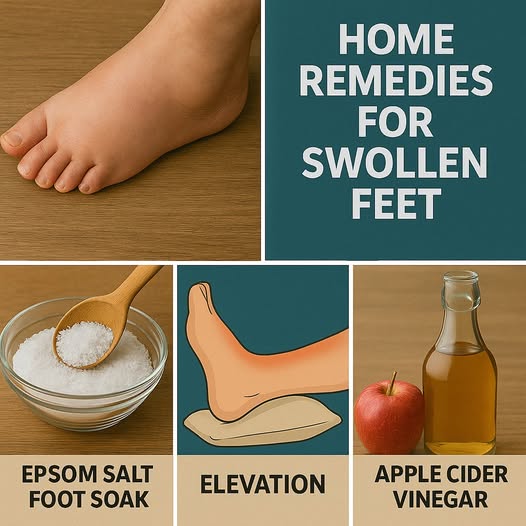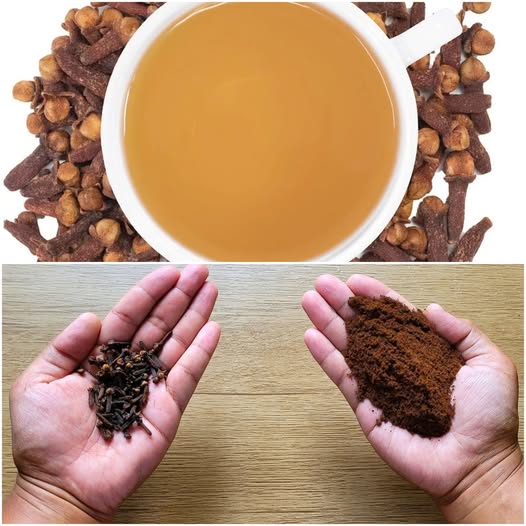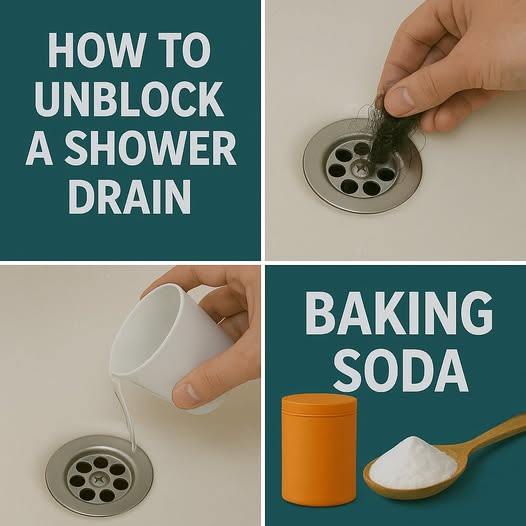Introduction: Stop the Swelling—Discover Natural Relief That Works Fast

Swollen feet can make even the simplest tasks feel overwhelming. Whether it’s the result of a long day at work, pregnancy, poor circulation, or an underlying medical condition, foot swelling is more than just uncomfortable—it can be painful, frustrating, and even embarrassing.
You’re not alone. According to the American Podiatric Medical Association, more than 75% of Americans will experience foot problems at some point, with swelling being among the top complaints. The good news? You don’t need to suffer in silence or rush to the pharmacy every time.
This guide will unveil 11 tried-and-tested home remedies for swollen feet—natural, affordable, and science-backed strategies that can give you quick relief and lasting comfort. Plus, we’ll answer your most pressing questions, offer insights, and help you understand the “why” behind the swelling.
Let’s dive into relief—starting today.
What Causes Swollen Feet? Know the Enemy First
Swollen feet, or peripheral edema, occurs when fluid accumulates in the tissues of your lower extremities. This swelling can stem from a variety of causes, including:
- Prolonged standing or sitting
- Poor blood circulation
- High salt intake
- Injury or trauma
- Pregnancy
- Kidney, liver, or heart issues
- Lymphedema
- Venous insufficiency
- Medications (e.g., NSAIDs, steroids, antidepressants)
Before trying home remedies, it’s crucial to rule out serious underlying conditions. If your swelling is sudden, accompanied by chest pain, shortness of breath, or severe discomfort—seek medical attention immediately.
11 Proven Home Remedies for Swollen Feet You Can Start Today
1. Elevate Your Legs (Gravity Is Your Best Friend)
How it works: Elevation reduces blood pooling in the lower limbs and helps the lymphatic system drain excess fluids.
How to do it: Lie down and prop your feet above heart level using pillows or a cushion for 15–30 minutes, 2–3 times daily.
👉 Bonus Tip: Combine elevation with deep breathing for enhanced circulation.
2. Soak in Epsom Salt (A Magnesium-Powered Detox)
Why it works: Epsom salt contains magnesium sulfate, which draws out toxins and reduces inflammation.
How to do it: Add ½ cup of Epsom salt to a basin of warm water. Soak your feet for 15–20 minutes.
💡 Stat: A study from the University of Birmingham found that transdermal magnesium therapy can improve circulation and reduce swelling in some individuals.
3. Stay Hydrated (Yes, Water Fights Water Retention)
Why it matters: Dehydration triggers your body to retain fluid, leading to swelling. Drinking water flushes sodium and toxins.
What to do: Aim for 8–10 glasses of water daily. Add lemon for extra detox power.
🚨 Watch out for: Caffeine and alcohol—both are dehydrating and can worsen swelling.
4. Compression Socks (The Business-Backed Secret)
Function: These snug-fitting socks help push fluid out of your lower limbs, preventing buildup.
Best for: Those who sit or stand for long periods, like office workers, travelers, or healthcare professionals.
Where to get them: Available at most pharmacies. Choose 15–20 mmHg for mild swelling.
5. Massage with Essential Oils (Circulation in Every Stroke)
Top oils: Peppermint, eucalyptus, and chamomile—all known for anti-inflammatory and vasodilating properties.
How to use: Mix a few drops of essential oil with a carrier oil like coconut or olive oil. Gently massage your feet in upward motions for 5–10 minutes.
🧴 Insider Tip: Use morning and night for best results.
6. Limit Salt Intake (The Hidden Trigger in Your Diet)
Why it matters: Salt causes your body to hold onto water, exacerbating swelling.
What to do: Stick to less than 2,300 mg of sodium/day. Read food labels, and avoid processed or canned foods.
👨⚕️ Pro Tip: Use herbs like basil, turmeric, or garlic for flavor without the bloat.
7. Apple Cider Vinegar Wrap (Nature’s Anti-Inflammatory Hero)
Why it works: ACV reduces fluid retention and improves circulation.
How to apply: Soak a clean towel in equal parts warm water and raw apple cider vinegar. Wrap around swollen feet for 20 minutes.
📈 Backed by users: Thousands swear by this as a quick fix for end-of-day foot fatigue.
8. Exercise and Stretch (Motion Is Medicine)
Why it’s vital: Movement activates the calf pump, which helps push fluids back to the heart.
Effective moves: Ankle rolls, calf raises, walking, or yoga poses like legs-up-the-wall.
🚶♀️ Do this: Walk for at least 30 minutes daily to keep circulation flowing.
9. Magnesium-Rich Foods (Support from the Inside Out)
What to eat: Spinach, almonds, dark chocolate, avocados, bananas, pumpkin seeds.
Why it helps: Magnesium deficiency is linked to fluid retention and leg cramps.
🍫 Try this: A magnesium-rich smoothie with banana, spinach, and almond milk.
10. Dandelion Tea (A Natural Diuretic With a Gentle Touch)
Why it works: Dandelion helps flush out excess fluids and reduce bloating.
How to use: Brew 1 tsp dried dandelion leaves in hot water. Drink up to 2 cups per day.
🧪 Study Alert: Published in Journal of Alternative and Complementary Medicine, dandelion significantly increased urine output within five hours of consumption.
11. Cold Water Therapy (Instant Refreshing Relief)
Why it works: Cold water constricts blood vessels and reduces inflammation.
What to do: Soak your feet in a basin of cold water for 10–15 minutes.
🌡️ Caution: Avoid if you have circulation problems like diabetes or Raynaud’s.
Frequently Asked Questions: Your Swollen Feet Concerns Answered
Q1: When should I worry about swollen feet?
If swelling is sudden, persistent, affects only one foot, or is accompanied by pain, redness, or difficulty breathing, seek medical attention promptly. These could be signs of deep vein thrombosis, infection, or heart issues.
Q2: Can pregnancy cause swollen feet?
Yes. Hormonal changes and increased fluid retention are common in pregnancy, especially in the third trimester. Elevation, hydration, and low-sodium diets are particularly helpful here.
Q3: Do swollen feet mean kidney problems?
They can, especially if the swelling is persistent and not improved by rest. Kidneys regulate fluid levels, and dysfunction may cause chronic edema.
Q4: What vitamins help with swollen feet?
Magnesium, Vitamin B6, and potassium can support fluid balance and reduce swelling. Talk to your doctor before supplementing.
Q5: Are there any fast remedies for swollen feet after flying?
Yes—try compression socks, cold water soaks, and elevation immediately after arrival. Also, walk every hour during the flight to prevent blood pooling.
Conclusion: Reclaim Comfort and Confidence—Naturally
Swollen feet are more than a nuisance—they’re a signal from your body that something’s off. But you don’t have to rely solely on medications or endure the discomfort.
By incorporating these 11 natural remedies, you’re not just treating symptoms—you’re empowering your body to heal, detoxify, and thrive. From the cooling power of Epsom salt soaks to the dietary strength of magnesium-rich foods, each tip offers a simple, accessible path to relief.
Don’t wait for swelling to worsen. Start small. Pick 2–3 of these remedies today, and make them part of your daily self-care ritual.


